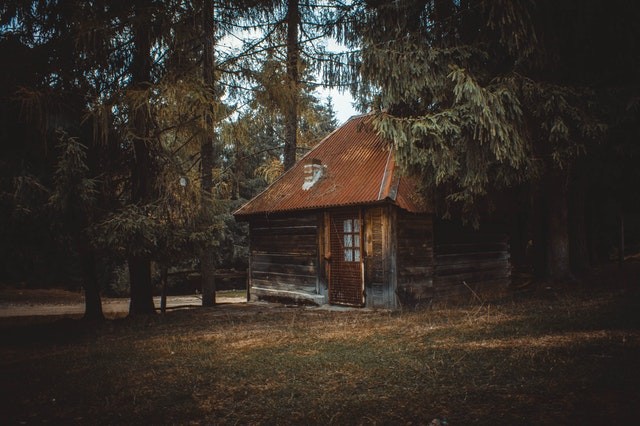What Is an Option Fee?
March 2, 2018 by Marty Orefice | Real Estate, Rent to Own

An option fee is a fee that a buyer pays to the owner of a property in order to secure the option to buy that property at the end of a lease.
How much is an option fee?
Option fees typically range between 2 and 5 percent of the value of the property the buyer is leasing. However, buyers and sellers can easily break that mold.
In some scenarios, sellers might require a higher option fee to compensate for factors that make a buyer less than an ideal candidate (i.e. low credit score, poor job history, criminal record, etc.). There are other reasons why a seller could want a higher option fee too. The seller may be reluctant to enter a rent to own arrangement and the higher option fee gives them more reassurance. The buyer may be looking for a longer lease term, while the seller wants a shorter one. Again, the fee would provide reassurance that the buyer is incentivized to purchase the home and the seller isn’t wasting their time.
By the same token, a candidate who is ideal may get away with a lower option fee.
A seller might accept non-monetary products or services in place of cash – the buyer and seller can determine how much that is worth and include it in the contract. These can range from repairs on the house to boats to cars to legal services and the list goes on and on.
If you’re the buyer in a rent to own agreement, you may have further questions. The sections below address buyer-specific questions.
What happens to your option fee?
Your option fee is held in an escrow account until the end of your lease or when you purchase the property.
If you do purchase the property, you could have the money applied to the sale price of the home.
So, if you paid a $4,000 option fee for a home valued at $100,000, the seller would officially sell you the home for $96,000. If you’re getting a conventional mortgage, your down payment would be $19,200.
Or, you could apply the money from the escrow account to your down payment. In that case, the seller sells you the home for $100,000. If you’re trying to secure a conventional loan, your down payment would typically be $20,000, but after applying the $4,000 from your escrow account, your down payment would be reduced to $16,000.
There are pros and cons to each application, but which you should use comes down to how much money you have saved for the down payment, and how much you’re willing/able to pay each month for your mortgage.
Applying the money to the purchase price of the home is good if you have more money saved up for a down payment. Doing so will lower your monthly mortgage payment. More so, if your income is almost 3 times the amount of your monthly mortgage payment, lowering your mortgage payment may help you gain bank approval.
Having the option fee applied to your down payment is a better option if you’re not worried about whether your income is high enough for a loan or if you need the money to meet the minimum down payment for a loan.
If you don’t buy the property, the seller keeps your entire option fee.
Why do you pay an option fee?
An option fee is the seller’s reassurance that you do intend to buy the home. Rent to own is a pretty sweet deal for buyers in the sense that you can close whenever you want and you can walk away from the property at the end of the lease if you choose to.
The seller doesn’t have that kind of control. The seller cannot decide at the end of the lease that they don’t want to sell to you anymore. They cannot take back the option. A lease-option contract is unilateral in that the buyer may buy but the seller must sell. Additionally, the seller may really want the payout from the sale of the home and they have no control over when or if it will come.
Sellers feel that when a buyer has a significant amount of money on the line, they will have a higher motivation to purchase the home, which gives them some security that the purchase will go through.
The seller obviously wanted the full payout the home but will accept the money you paid in rent and the option fee as compensation. Additionally, the seller will then have to find another buyer for the home which could take a long time. During which, the seller wouldn’t be making money. The option fee is like a consolation prize for the seller.
Wooden House on a Forest by Mateas Petru is licensed under the Pexels Photo License.
